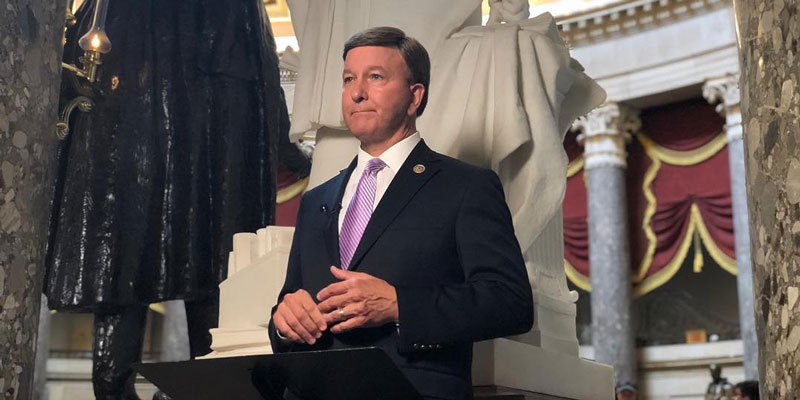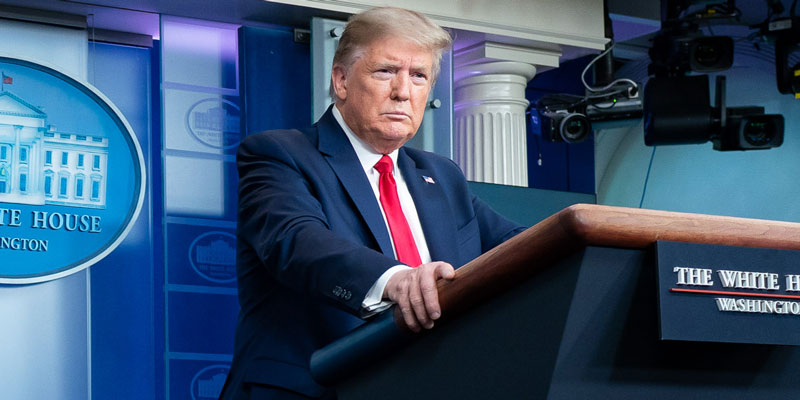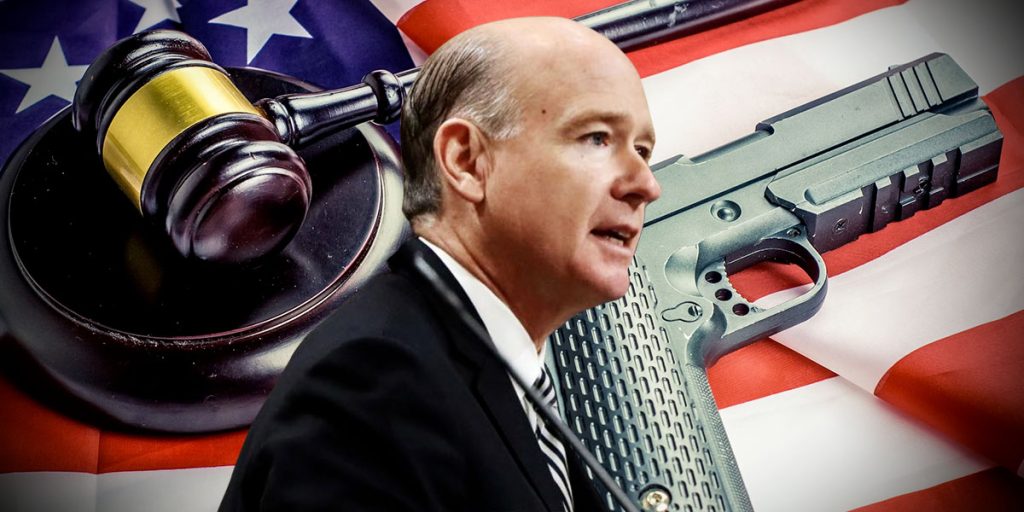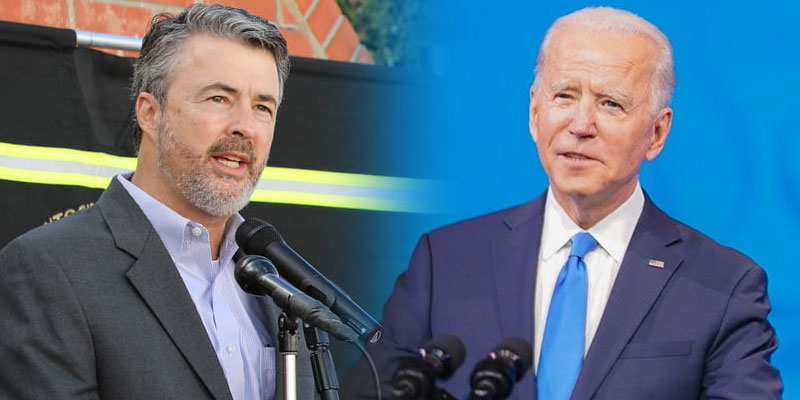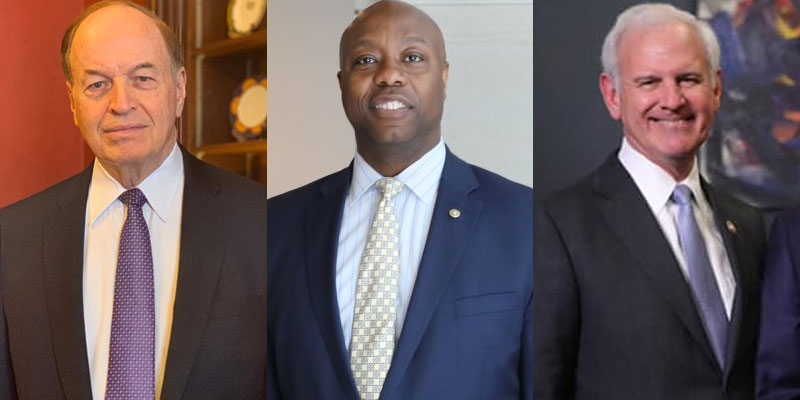The U.S. Supreme Court on Thursday released a 5-4 decision to uphold the Deferred Action for Childhood Arrivals (DACA) program, which was created by the executive branch during the administration of President Barack Obama.
As stated in the SCOTUS decision, DACA “allows certain unauthorized aliens who arrived in the United States as children to apply for a two-year forbearance of removal. Those granted such relief become eligible for work authorization and various federal benefits. Some 700,000 aliens have availed themselves of this opportunity.”
There is no limit to how many forbearance renewals, each covering a two-year period, that each individual can be granted.
Many states, Alabama included, had argued along with the Trump administration that DACA is not only a violation of federal law but also unconstitutional because Congress sets immigration policy in the United States.
Chief Justice John Roberts joined Democrat-appointed justices in ruling that the Trump administration did not provide proper reasoning for attempting to rescind the program.
In a one-page letter, then-Attorney General Jeff Sessions in 2017 urged Elaine Duke, then-acting Homeland Security secretary, to end the program because it was an “unconstitutional exercise of authority by the executive branch.” Duke said the next day that she was rescinding DACA.
Under the Trump administration’s action, DACA recipients were scheduled to lose their protected status beginning in March 2018. However, lower federal courts quickly intervened, saying the argument that DACA is illegal is an inadequate legal reason to rescind the program.
The San Francisco-based 9th U.S. Circuit Court of Appeals ruled in November to side with these lower courts in protecting DACA, claiming that the Department of Homeland Security “acted based on an erroneous view of what the law required.”
U.S. Solicitor General Noel Francisco, arguing as the Trump administration’s top Supreme Court lawyer, has advised in court filings that “the rescission [of DACA] is reasonable in light of DHS’s serious doubts about the legality of the DACA policy.”
The Supreme Court heard oral arguments on the case in November 2019.
Writing for the Court, Roberts wrote, “We do not decide whether DACA or its rescission are sound policies. We address only whether the agency complied with the procedural requirement that it provide a reasoned explanation for its action. Here the agency failed to consider the conspicuous issues of whether to retain forbearance and what if anything to do about the hardship to DACA recipients.”
The Department of Homeland Security can try to end DACA again, per Roberts. Any such new attempt would likely be met with a similarly lengthy legal battle.
In a statement, U.S. Rep. Mike Rogers (AL-03), House Homeland Security Committee ranking member, said he believes the Trump administration can move to end the program under the parameters newly set by SCOTUS.
“I am shocked by today’s ruling on the DACA program,” stated Rogers. “This extralegal, unconstitutional amnesty program was created by a single memo in the Obama Administration and exempted nearly 700,000 people from our immigration laws. President Obama created a mess, and President Trump has attempted to clean it up.”
“Unfortunately, some of the Justices on the Supreme Court seem more interested in legitimizing this unlawful program than preserving the clear principle that Congress, not the President, makes law in America. I believe that President Trump can act quickly to deal with the additional legal hoops erected by the Supreme Court this morning and terminate this unconstitutional program,” he concluded.
In a series of tweets following the ruling on Thursday, Trump suggested that his administration would again attempt rescinding DACA.
As President of the United States, I am asking for a legal solution on DACA, not a political one, consistent with the rule of law. The Supreme Court is not willing to give us one, so now we have to start this process all over again.
— Donald J. Trump (@realDonaldTrump) June 18, 2020
Sean Ross is the editor of Yellowhammer News. You can follow him on Twitter @sean_yhn




